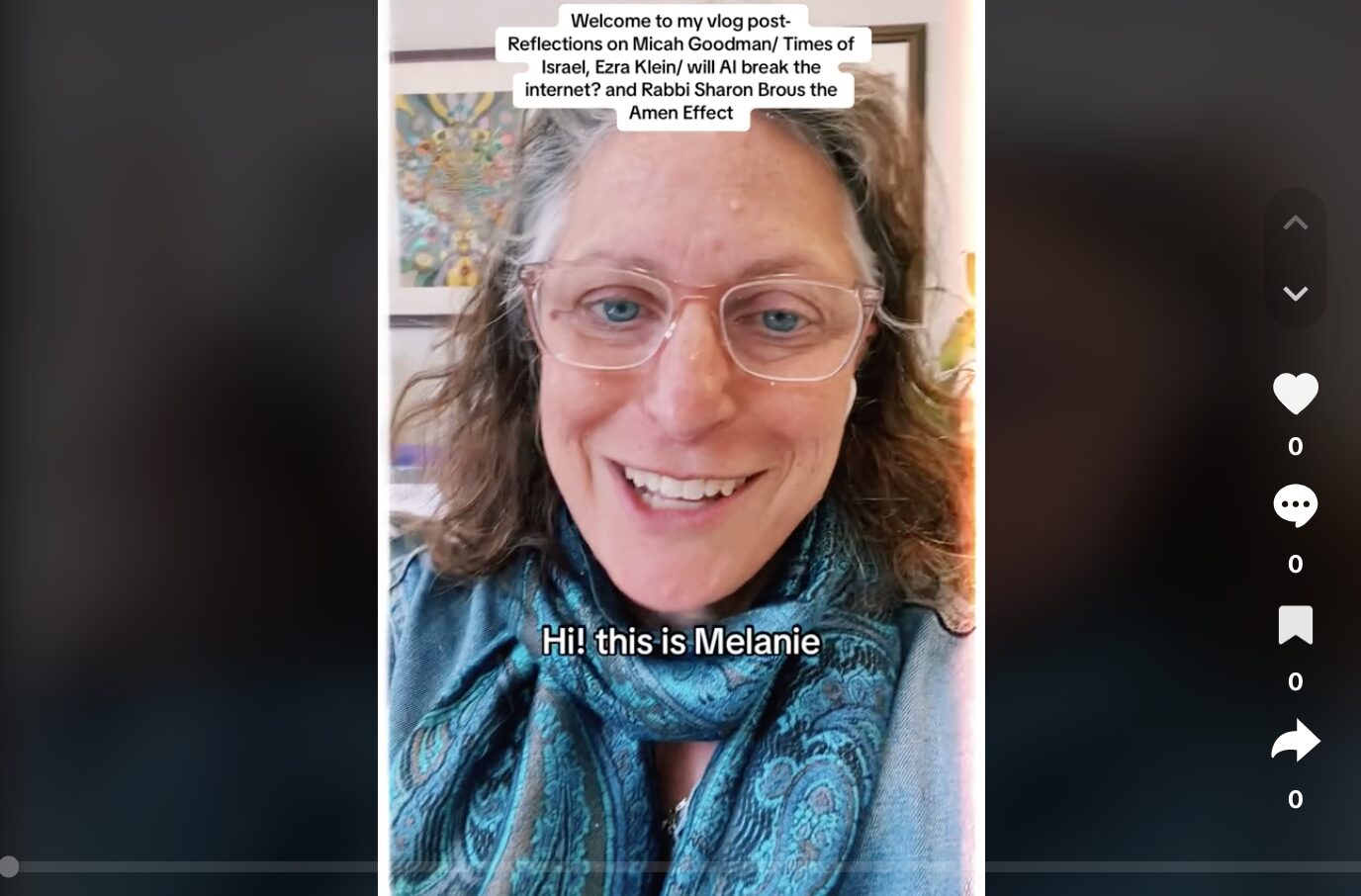This being human is a guest house.
Every morning a new arrival.
A joy, a depression, a meanness,
some momentary awareness comes
as an unexpected visitor.
Welcome and
entertain them all.
Even if they are a crowd of sorrows,
who violently sweep your house
empty of its furniture,
still, treat each guest honorably.
He may be clearing you out
for some new delight.
The dark
thought, the shame, the malice.
meet them at the door laughing and invite them in.
Be grateful for
whatever comes.
because each has been sent
as a guide from beyond.
Rumi
I am so looking forward to spring. It has been a long and cold winter. Every year we study over the winter (third year classs) how to engage in holding opposites. As the Tree of Life image implies—the Kabbalistic point of view is integration and balance—finding the harmonious acceptance of polarities; not giving or withholding too much or too little.
I had not initially planned to cover the topic of hate this past semester in holding opposites but the cold weather and classes cancelled due to snow offered an additional make-up class. Rumi only referred to meanness and malice but the Kabbalah addresses our relationship with opposites even to hatred as a middle path—accepting that hatred is within us all and that it is well to accept hate as a guest (make Rumi for it in the guest house).
Following the class a student sent a thoughtful email asking for clarification of what she saw as the challenges of holding opposites when it comes to hate. Among her questions: How are we to “make space” for hate without somehow inviting it in or allowing it to stay?
Guests can overstay their welcome, sometimes to the point that you can begin to hate them for not leaving and yourself for not ushering them out sooner. Certainly that applies as well to the emotional guest called hate.
As I read on, the questions deepened into the complexity of forgiving the unforgiveable. Is it possible to only have hatred for an occurrence but not to hate the people involved? How can we find forgiveness when we have also felt hate? Is forgiveness the letting go of hate? Does this involve compassion?
Imbedded in her question is already the awareness that forgiveness calls for compassion for the person while allowing, even inviting, hatred for what the person did (or did not do). Holding opposites about others also applies to self-compassion as we allow for and invite self-hatred for our actions.
Following Pema Chodron’s calling the feedback she advises giving “ruthless compassion” I would suggest adding “compassionate hatred” to our spiritual vocabulary to mean-“having compassion for the person and hating what they did.”
Even that guest though needs to be shown the door.










3 Comments
Claire · April 3, 2019 at 9:24 pm
Thank you David for your thoughts which are always helpful. It’s sometimes hard to separate the behavior or action from the person but remembering we all have these capacities of which we are also guilty of acting opens the door a bit wider for forgiveness and compassion to enter more fully and being aware of the multiplicities of being a human and having free will.
alyson · April 4, 2019 at 7:33 pm
I’m so moved that you chose to write about this extreme of holding opposites, David. Forgiving the (seemingly) unforgivable is such a profound and harrowing topic. I’m thinking of Holocaust and Genocide survivors who managed / manage to move on with their lives having experienced the darkest of human behavior – true evil. Personally, when faced with the limits of compassion I remember a koan shared by the Dalai Lama during one of his public talks. A man comes upon a dog being beaten by its “master.” Immediately the observer’s heart goes to the dog and his judgement to the abuser. HH points out that true compassion would be for the heart to go out to both. Because the abuser must have suffered terribly to treat the dog that way. Very, very hard, right? It is one thing to let go of hate to achieve forgiveness – for in the end all forgiveness is self-liberation, self-healing, so practical. But to feel true compassion for someone who has hurt – even damaged – you deeply is a very enlightened spiritual state.
Anita Khaldy Kehmeier · September 2, 2019 at 8:41 pm
Practice: The Welcoming Prayer – Father Richard Rohr.
I’d like to offer you a form of contemplation—a practice of accepting paradox and holding the tension of contradictions—called The Welcoming Prayer.
First, identify a hurt or an offense in your life. Remember the feelings you first experienced with this hurt and feel them the way you first felt them. Notice how this shows up in your body. Paying attention to your body’s sensations keeps you from jumping into the mind and its dualistic games of good-guy/bad-guy, win/lose, either/or.
After you can identify the hurt and feel it in your body, welcome it. Stop fighting it. Stop splitting and blaming. Welcome the grief. Welcome the anger. It’s hard to do, but for some reason, when we name it, feel it, and welcome it, transformation can begin.
Don’t lose presence to the moment. Any kind of analysis will lead you back into attachment to your ego self. The reason a bird sitting on a hot wire is not electrocuted is quite simply because it does not touch the ground to give the electricity a pathway. Hold the creative tension, but don’t ground it by thinking about it, critiquing it, or analyzing it.
When you’re able to welcome your own pain, you will in some way feel the pain of the whole world. This is what it means to be human—and also what it means to be divine. You can hold this immense pain because you too are being held by the very One who went through this process on the Cross. Jesus was holding all the pain of the world, at least symbolically or archetypally; though the world had come to hate him, he refused to hate it back.
Now hand all of this pain—yours and the world’s—over to God. Let it go. Ask for the grace of forgiveness for the person who hurt you, for the event that offended you, for the reality of suffering in each life.
I can’t promise the pain will leave easily or quickly. To forgive is not to forget. But letting go frees up a great amount of soul-energy that liberates a level of life you didn’t know existed. It leads you to your True Self.